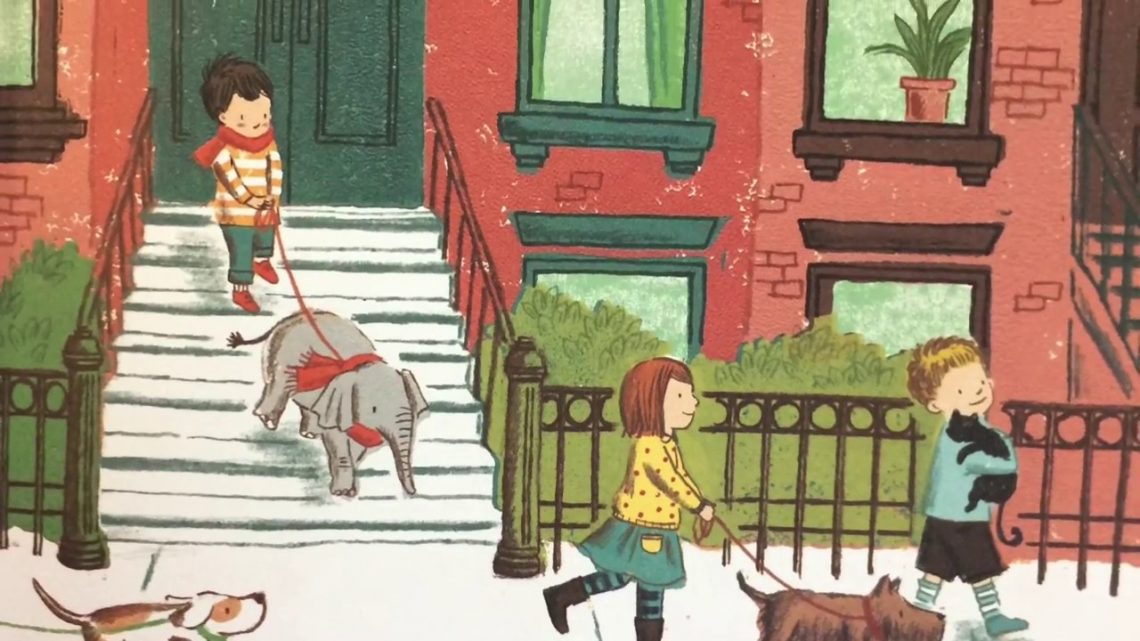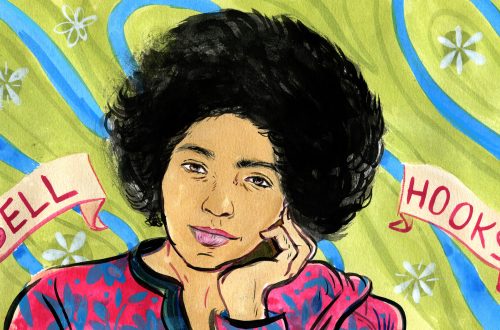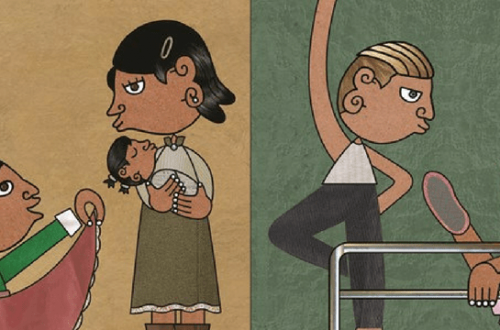
Strictly No Elephants by Lisa Mantchev
Author Lisa Mantchev discusses inclusion in this thoughtful book about children with pets who are a little different than your fish, cat, or dog. While the book does not explicitly address diversity and inclusion of people, it focuses on what friends do for each other. This book should not serve as a replacement for diversity books in your classroom library, but rather as an introduction to teaching about diversity and inclusion. I have used this book in the beginning of the school year, especially during New Jersey’s Week of Respect (the first week in October), to introduce a discussion on what makes a good friend. The book follows a young boy and his pet elephant on Pet Club Day. They try to get into the meeting, but are sadly told that no elephants are allowed. Instead of ditching the elephant and going into the meeting without his pet, the young boy spends the day with his pet, meeting other pet-owners who were not allowed in the club, either.
The children decide to start their own club. In this club, they decide to allow everyone in. The book shows examples along the way of friendship, such as the boy first lifting the elephant over the sidewalk crack and then the elephant being brave and stepping over it when the boy felt sad. Along with providing examples of friendship, the book also examines the feelings children may have when they feel like they do not belong or that they are different from others. I typically do not select books that use animals to discuss diversity, but Strictly No Elephants is a useful book to explore social emotional skills, friendship, and inclusion.






